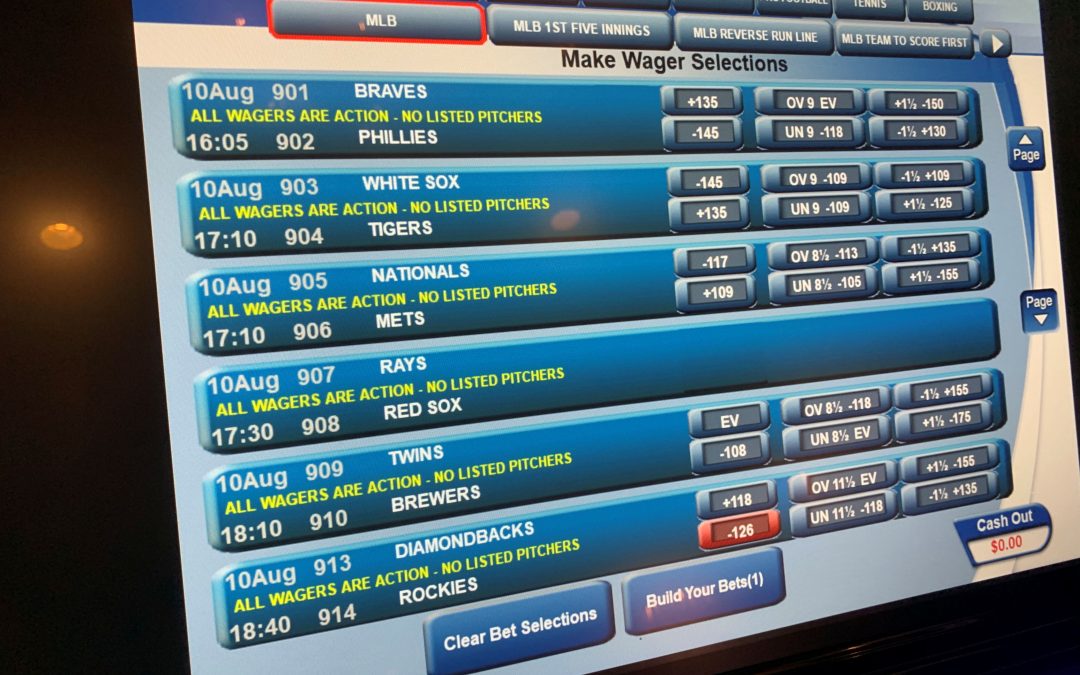Colorado tribes want to offer online sports betting. But their tax status, and other issues, has some people worried that allowing the Southern Ute and Ute Mountain tribes to offer remote wagering on professional sports might siphon valuable revenue away from Colorado water projects.
The Colorado Department of Revenue declined to comment on the specifics of the dispute, while tribal representatives say they are frustrated with the state’s refusal to allow them to offer it.
In November, a proposition referred to the ballot by lawmakers in House Bill 1436, will ask voters to allow the state to keep more of the revenue generated by sports gaming. Taxes collected on those bets, which were authorized in 2019, are projected to generate $34.2 million in tax revenue in the state’s next fiscal year, which begins July 1.
Under the current sports gaming law, the state cannot collect revenues in excess of $29 million. If voters approve the ballot measure, that cap would be removed, potentially generating millions of dollars more for water programs.
Colorado voters approved limited gaming in 1990 and the Ute Mountain Ute and Southern Ute tribes opened their own casinos soon after.
Remote sports betting is offered by casinos in Black Hawk, Central City and Cripple Creek, but the tribes have so far not been allowed to participate because of a failure to reach an agreement with the state on how it would operate, according to Peter Ortego, a lawyer representing the Ute Mountain Ute Tribe, in Towaoc. Ortego said the Ute Mountain Ute have not taken a position on the new ballot measure.
Representatives for the Southern Ute Tribe in Ignacio did not respond to a request for comment.
One of the issues is taxation. Because tribes are sovereign nations, they are exempt from paying state taxes. That tax-free status is problematic from the state’s perspective because if tribes allowed other commercial gaming companies to locate a remote sports betting kiosk on tribal land, it too would be exempt from taxation, shrinking the amount of money the state could collect for water programs including conservation, habitat restoration, stream protection and planning and storage, according to state Rep. Dylan Roberts, D-Frisco.
“When the legislature referred the sports betting initiative to voters in 2019, a key part was the state collecting tax on the revenues and dedicating 90% of that money to water projects,” Roberts said. “Now there is a concern that if the physical locations moved to tribal lands, we would lose most of the funding for water.”
The Colorado Gaming Association’s stance on the issue is not clear. The trade group did not respond to a request for comment.
Lawmakers are expected to take up the issue later this summer when a special interim committee on tribal affairs meets, Roberts said.
“I would be open to finding a middle ground. The complication is that tribal lands are not subject to state law, so lawmakers have very little ability to work in that space,” Roberts said.
Previous attempts to break the impasse have failed. The Ute Mountain Ute’s Ortego said it’s not clear when — or if — the dispute will be resolved.
“We want the opportunity to do what every other casino in the state is allowed to do,” Ortego said. “And we believe we have the right to do so.”



 Print
Print